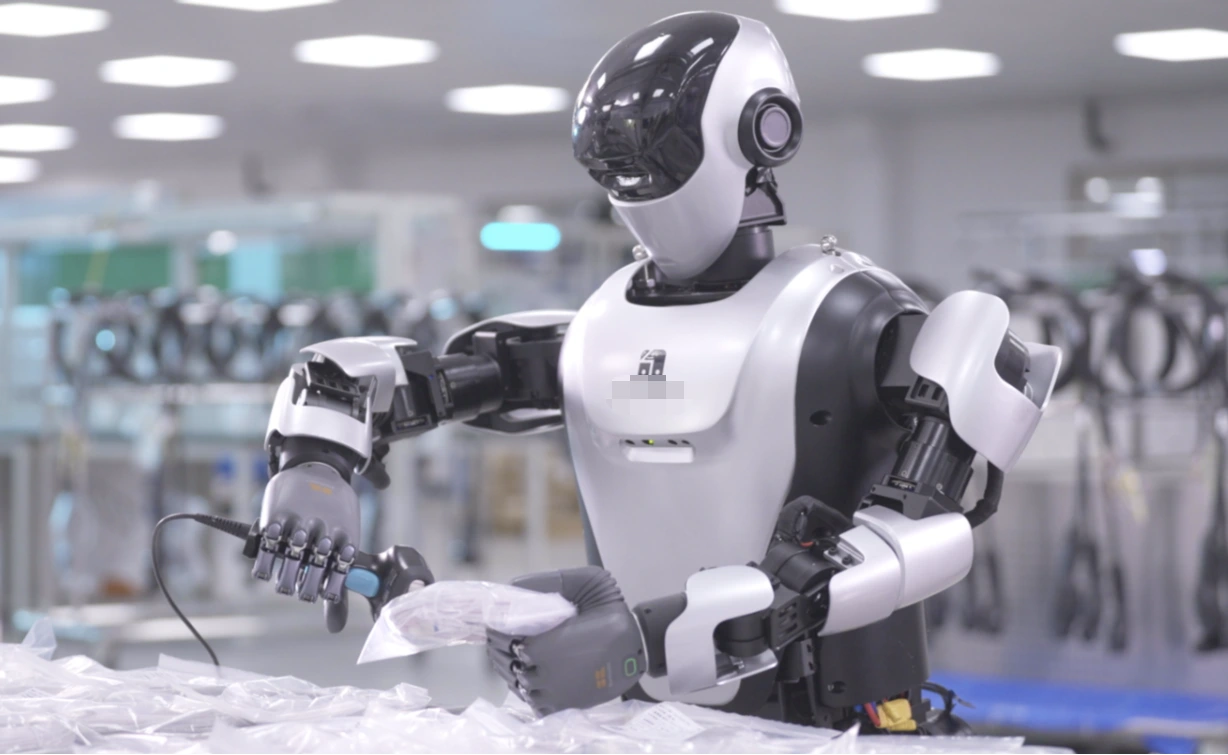In the realm of aviation, the unsung heroes are often those who work tirelessly behind the scenes to ensure the safety and efficiency of every flight. These are the aircraft mechanics, the guardians of the skies, whose roles are as crucial as they are complex. This article aims to delve into the multifaceted world of what aircraft mechanics do, offering an in-depth understanding of their responsibilities, skills, and the latest trends shaping their profession.
Aircraft mechanics, also known as aircraft maintenance technicians, are responsible for the inspection, maintenance, and repair of aircraft. Their work is not limited to the engines; they also handle the aircraft's airframes, electrical systems, hydraulic systems, and even the interiors. They are the ones who ensure that every component of the aircraft, from the nose to the tail, is in optimal condition before it takes to the skies.
One of the key responsibilities of an aircraft mechanic is conducting routine inspections. These are mandated by regulatory bodies such as the Federal Aviation Administration (FAA) in the United States or the European Union Aviation Safety Agency (EASA) in Europe. These inspections are crucial in identifying potential issues before they escalate into serious problems that could compromise the safety of the flight.
Beyond inspections, aircraft mechanics also perform repairs and replacements of aircraft parts. This could range from fixing a minor issue with the landing gear to replacing an entire engine. The complexity of these tasks requires a deep understanding of various aircraft systems, meticulous attention to detail, and proficiency in using specialized tools and equipment.
In recent years, the role of aircraft mechanics has evolved with the advent of new technologies. The rise of digitalization and data analytics has transformed the way aircraft maintenance is performed. Today's aircraft mechanics are expected to be adept at using advanced diagnostic tools and interpreting data from predictive maintenance software. These technological advancements not only enhance the efficiency of maintenance operations but also allow for proactive measures to prevent potential malfunctions.
Moreover, the increasing focus on sustainability in aviation has also impacted the work of aircraft mechanics. They are now involved in initiatives aimed at reducing the environmental impact of aircraft, such as the implementation of more fuel-efficient engines or the use of sustainable aviation fuel. This adds another layer of complexity to their role, requiring them to stay abreast of the latest developments in green aviation technologies.
In conclusion, the role of aircraft mechanics extends far beyond the basic maintenance of aircraft. They are the custodians of flight safety, the pioneers in adopting new technologies, and the advocates for sustainable aviation. Their work is a blend of technical expertise, problem-solving skills, and a commitment to continuous learning. As the aviation industry continues to evolve, so too will the role of the aircraft mechanic, making it a dynamic and rewarding profession.
In the end, the next time you board a flight, remember that it's not just the pilot you should thank for a safe journey. Spare a thought for the aircraft mechanics, whose dedication and expertise keep the aircraft in perfect flying condition. They are indeed the true guardians of the skies.

